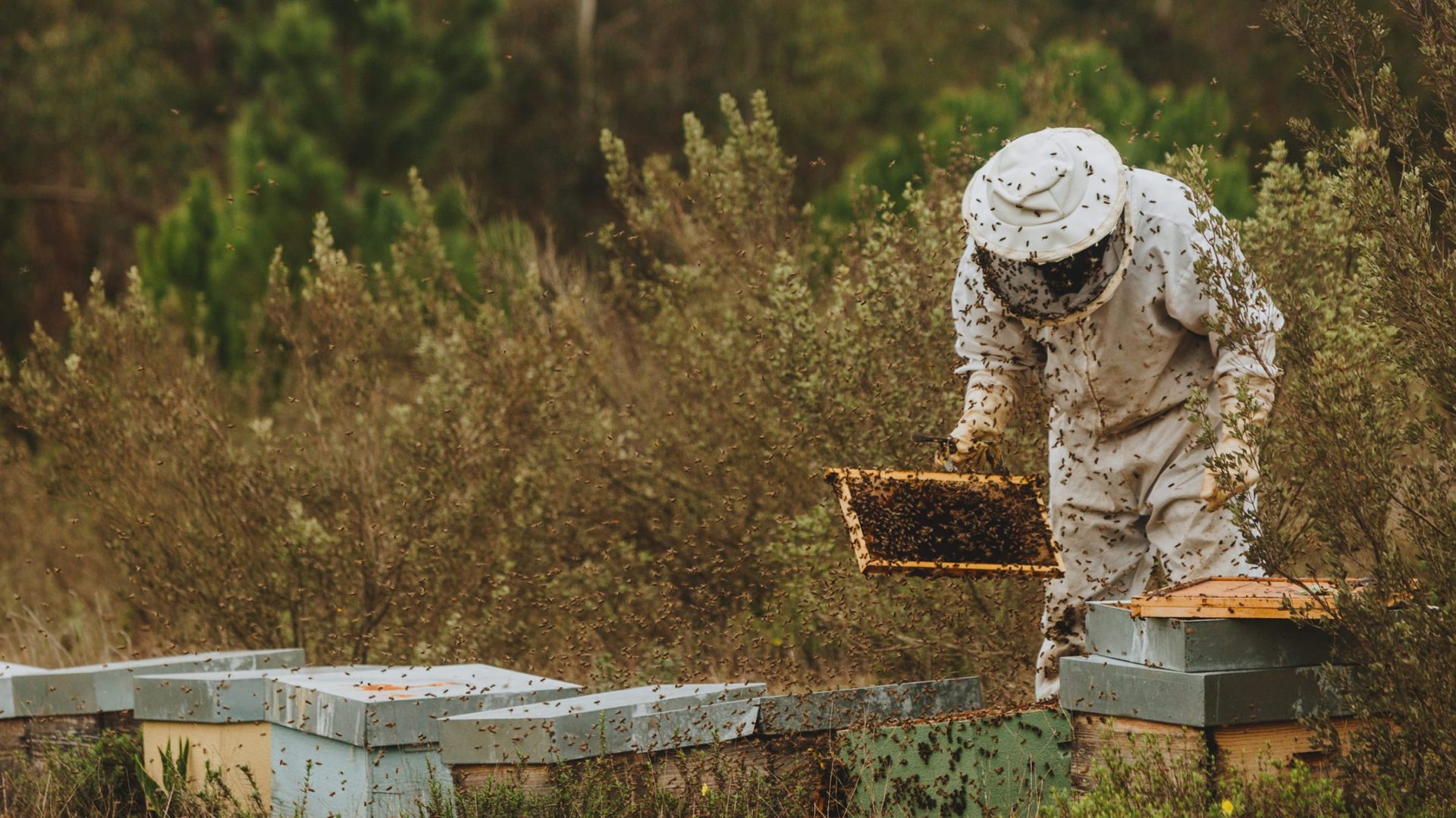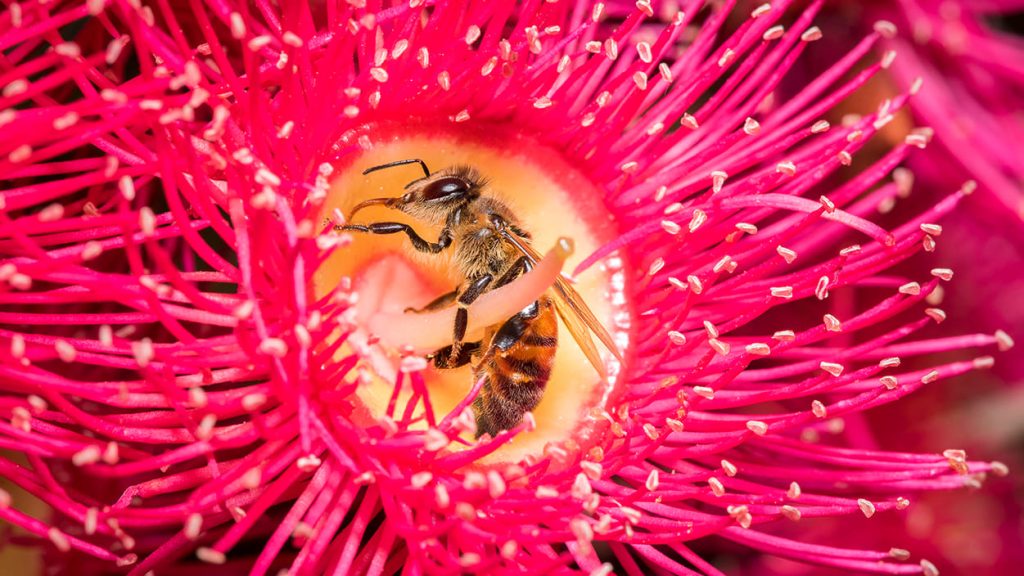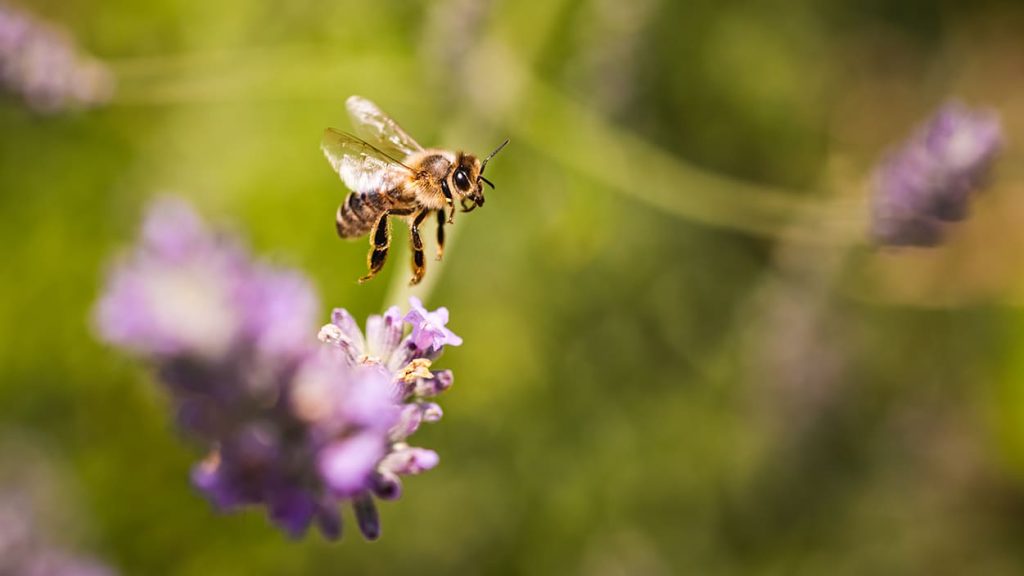There are more bees with shelter and food in Navigator forests. In 2017, the first five beekeepers had already installed their hives on company land and the presence of pollinators has been increased since 2020, thanks to an agreement with the National Federation of Beekeepers of Portugal (FNAP).
Hundreds of hives and millions of bees find shelter and food in Navigator forests. As of the beginning of 2022, there are 24 forestry properties that host them, across the length of Portugal, supporting the activity of 16 beekeepers.
The multiple floral species in the approximately 300 hectares of forest where the apiaries are installed help to provide food for bees and beekeepers benefit from a safe space to devote themselves to the production of honey and various other products from the hive – royal jelly, pollen, and propolis – experiencing increasing demand, in an additional drive for local economies.
In turn, Navigator forests benefit from one of the most important ecosystem services provided by bees: pollination, which promotes flora biodiversity and, in turn, supports the survival of bees and other pollinators. The fact that there are more than 800 species and subspecies of flora already identified in Navigator forests illustrates the variety of food available and the importance of pollination.
It should be noted that some of these species – common in Navigator forests – make an important contribution to the survival of hives when food becomes scarce by flowering in the autumn and winter months, when most plants do not have flowers. This is the case of the strawberry tree (Arbutos unedo) and the common eucalyptus (Eucaliptus globulus), for example.
It should be remembered that the planting of the so -called common eucalyptus in production areas, particularly since the mid-twentieth century, helped Eucalyptus globulus to become one of the main honey species in Portugal, present in multifloral honeys from different regions and also in monofloral eucalyptus honey, appreciated for its fresh flavour and for the calming and decongesting medicinal properties that are recognised in the species.





